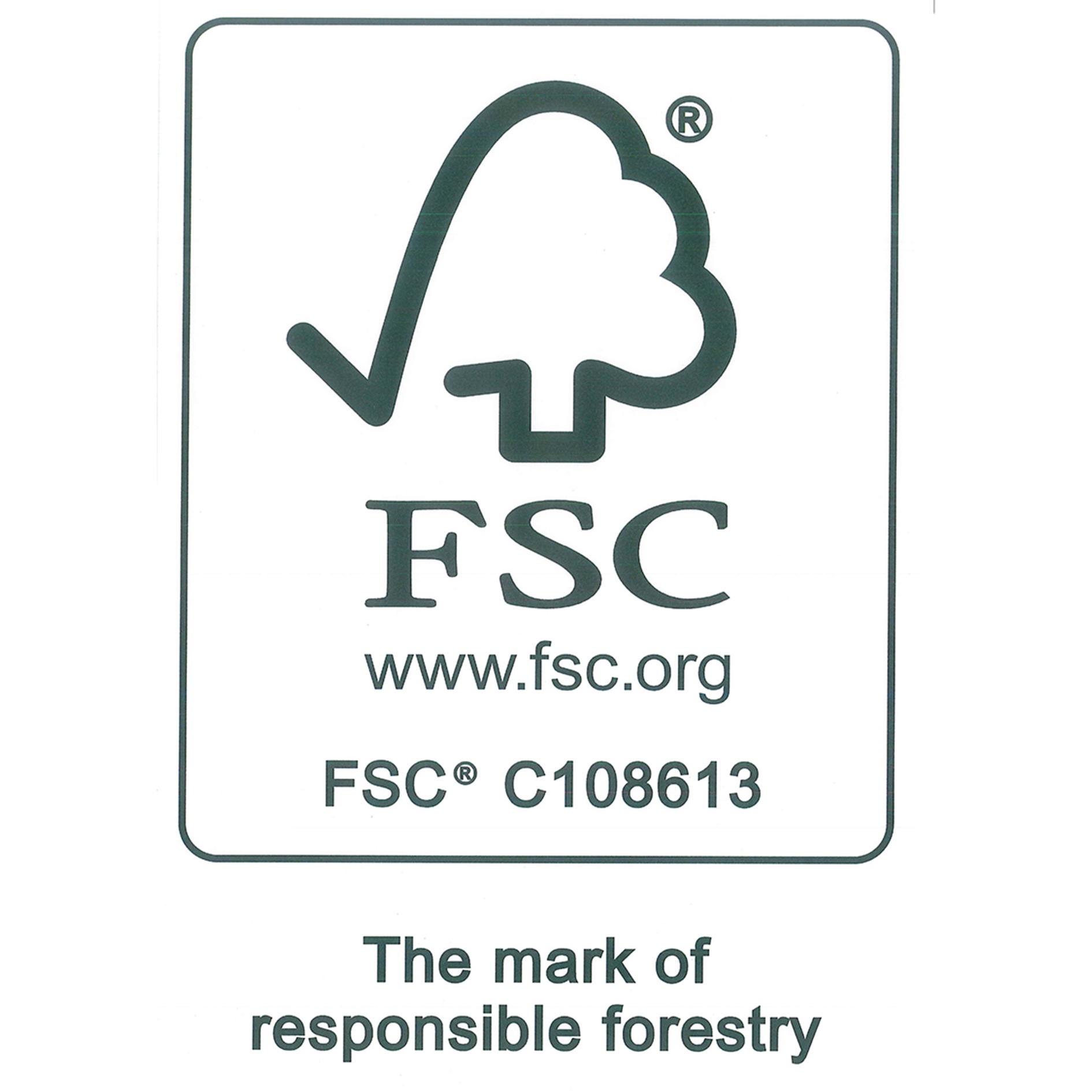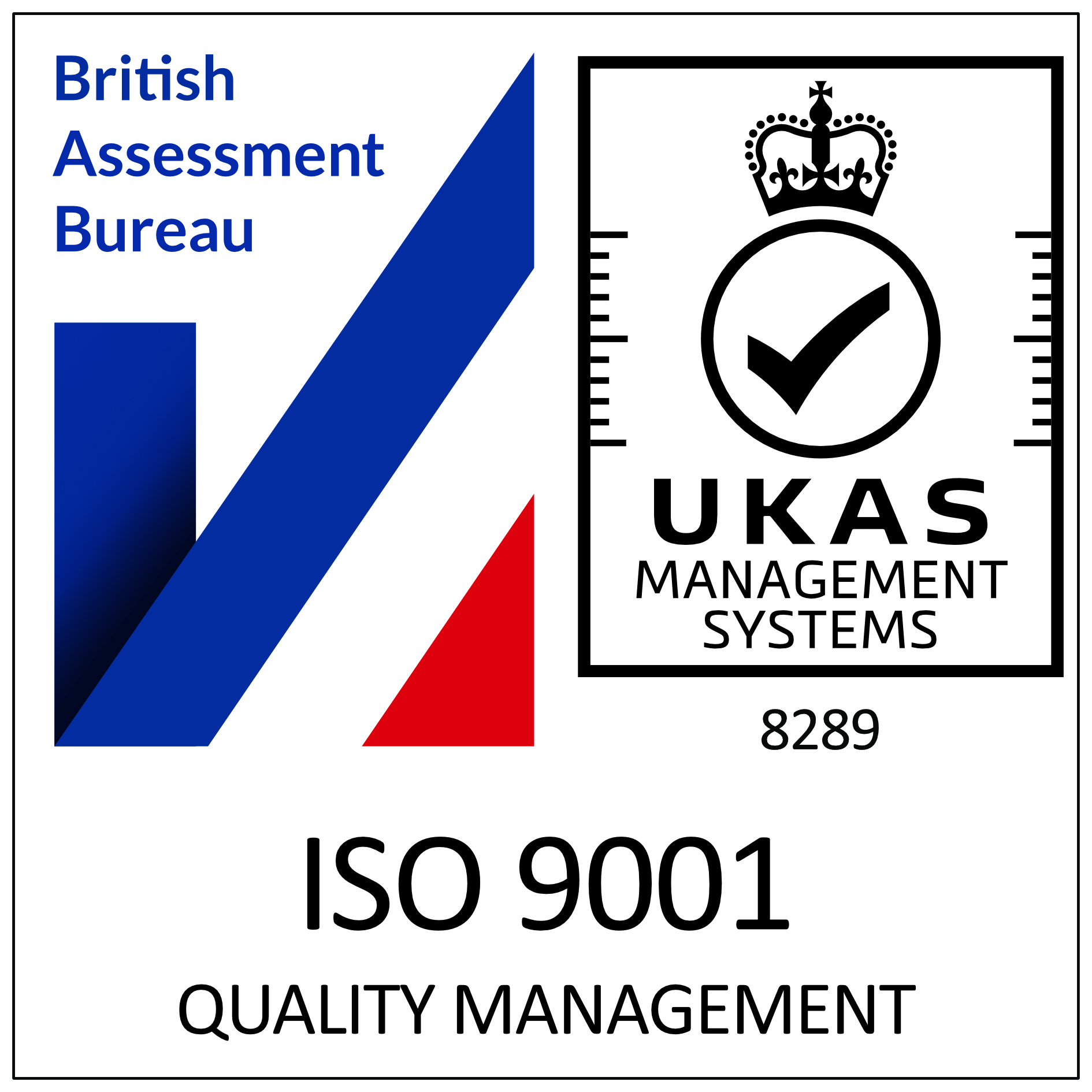What Is An FD90 Fire Door?
Many buildings and developments where people work, and in some residential environments, have a mandatory requirement for fire safety facilities. Integral to those fire safety arrangements are the fire doors – they form an important part of a building’s passive fire protection. Fire doors are designed and manufactured in different levels of protection or ratings, and certain environments will demand the installation of fire doors offering the higher levels of fire safety to protect the occupants inside. Whereas most office environments, and many residential buildings, will be fitted with mostly FD30 or FD60 fire doors, where there is a need for greater protection then FD90 doors are the more practical option. Here are some facts about FD90 fire doors and their benefits and usage:
How Fire Doors Work
All fire doors have the primary function of containing all the harmful elements of a fire outbreak within the area, room, or space in which the fire originates, and to stop the spread of any flame, heat, or smoke to adjoining areas. FD90 fire doors will contain these potentially harmful fire elements for a minimum of ninety minutes. Fire doors contain and ‘compartmentalise’ any fire outbreak, thus potentially saving lives and minimising damage to the building itself as well as protecting the escape routes out of the building, creating time and opportunity for any occupants to evacuate the building, and for the emergency services to attend and deal with the fire. One of the most important features of these fire doors is the fitted intumescent seals – the weakest point of a fire door is the exposed gap between the door and the frame, which could allow potentially fatal smoke and flame to enter an adjoining space – intumescent seals react to excessive heat by ‘swelling’ and forming a barrier through which the harmful fire elements cannot penetrate.
Manufacture And Testing
All fire doors are constructed with a combination of specialised materials that need to be rigorously tested and certificated as ‘fit for purpose’ in the event of a fire outbreak. Fire doors are thicker than standard doors and will often have a solid core of wood or steel – all fire doors are designed, constructed, and tested to specific levels to allow official certification from an approved, third-party fire testing centre. FD90 fire doors are subjected to a variety of conditions and all elements of the doorset must prove fire-resistant, including the door core itself, along with any door furniture (handles, hinges etc), and, where applicable, any glazing panels. All fully tested FD90 doors will display official compliance tags and identification stating their fire rating and confirming the 90 minutes fire-resistance level they provide.
Where FD90 Fire Doors Are Needed
As stated earlier, fire doors are manufactured in different levels of fire resistance – an FD90 fire door will typically be required in larger areas within buildings – commercial environments, healthcare facilities, such as hospitals and care homes, and multi-occupational residential buildings (HMO’s). These environments may need longer to evacuate than other environments, and the 90 minutes protection provided by FD90 fire doors can ‘buy’ that vital time delay to ensure that all occupants can access safe egress from the building.
Design And Style Options
Just because FD90 fire doors are installed primarily to provide protection does not necessarily mean that they need to look ‘industrial’ or unattractive – these doors can be manufactured with a range of attractive finishes and styles that can complement any décor and enhance the aesthetic appearance of the rooms in which they are installed. Timbers such as oak, walnut, ash, beech, and maple can be used in the construction and finish of these fire doors allowing you to match or contrast perfectly with the existing décor and style of any space they occupy.
When deciding upon which fire doors are most suitable for your environment, it is always recommended that you should speak to an established and respected bespoke door manufacturer for advice and guidance.









